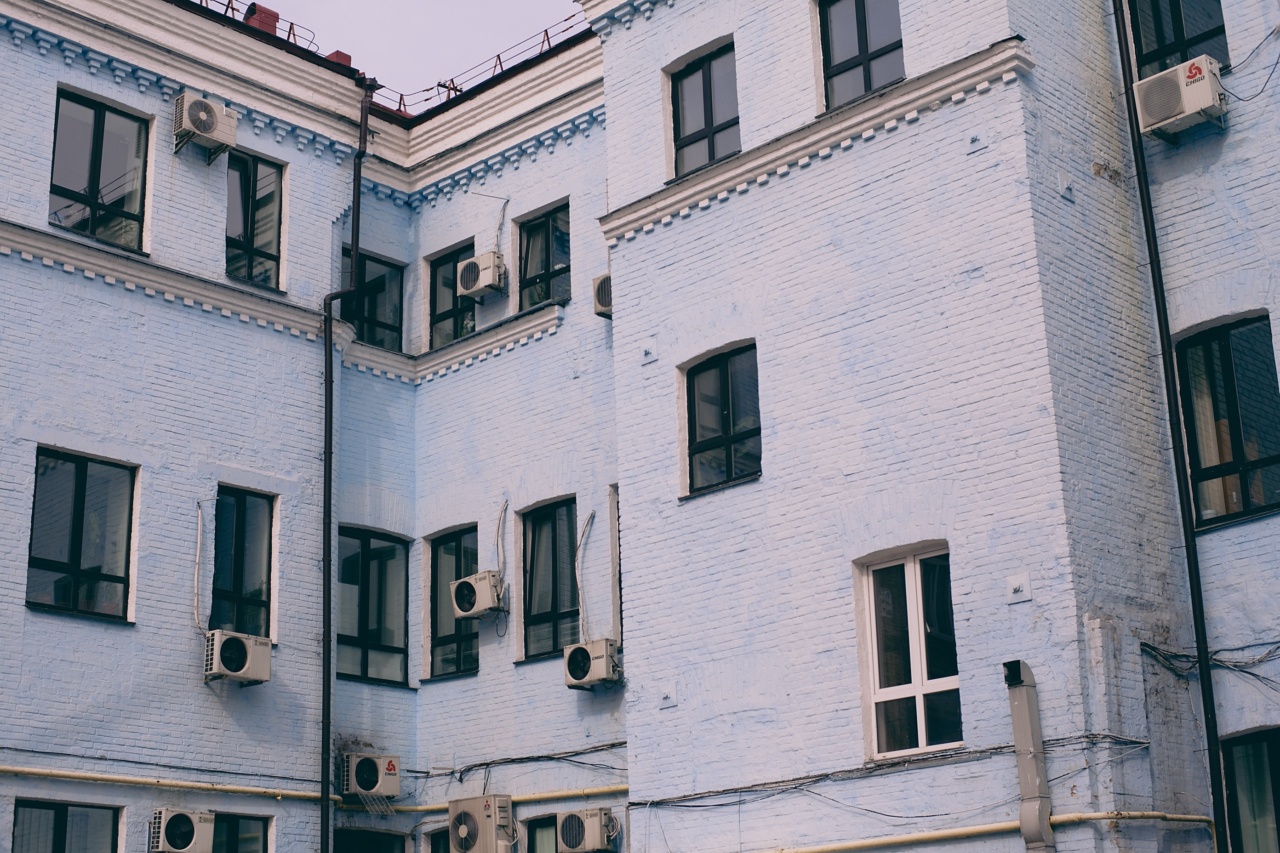The advent of air conditioning has revolutionized the way we live, enabling us to escape the scorching summer heat and create comfortable living environments.
However, while air conditioning provides relief from high temperatures, it also has a profound effect on our respiratory system. In this article, we will explore the impact of air conditioning on our respiratory health and discuss ways to mitigate any potential risks.
Air conditioning and dry air
One of the primary impacts of air conditioning on the respiratory system is the drying effect it has on the air. In the process of cooling the air, air conditioning systems remove moisture, leading to lower humidity levels.
Dry air can cause several respiratory problems, including:.
1. Dryness and irritation of the respiratory tract
When the air lacks moisture, it can cause dryness and irritation in the nose, throat, and lungs. This can lead to symptoms such as a sore throat, coughing, and nasal congestion.
Individuals with pre-existing respiratory conditions like asthma and allergies may experience exacerbation of their symptoms in dry environments.
2. Increased risk of respiratory infections
Dry air also affects the body’s natural defense mechanisms against respiratory infections. The respiratory tract relies on the moist, sticky lining to trap and remove harmful particles and microorganisms.
In dry air, this protective layer becomes less effective, increasing the risk of respiratory infections such as the common cold, flu, and even pneumonia.
3. Worsening of respiratory conditions
For individuals who already have chronic respiratory conditions like asthma or chronic obstructive pulmonary disease (COPD), air conditioning can worsen symptoms.
Cold air from air conditioning units can trigger bronchospasm and lead to increased coughing, wheezing, and shortness of breath, making it harder for individuals to manage their conditions.
Air conditioning and indoor air quality
Another significant aspect that impacts our respiratory system is the quality of indoor air when using air conditioning.
While air conditioning helps filter out some pollutants, it can also contribute to the accumulation of indoor air contaminants, including:.
1. Allergens
Air conditioning systems can recirculate allergens such as dust mites, pollen, pet dander, and mold spores.
These allergens can trigger allergies and cause respiratory symptoms like sneezing, coughing, and wheezing, particularly in individuals who are already sensitized to these allergens.
2. Indoor air pollutants
Indoor air pollutants, including volatile organic compounds (VOCs), formaldehyde, and other chemicals emitted from building materials, furniture, cleaning products, and even air fresheners, can accumulate indoors and impact air quality.
Air conditioning systems can distribute these pollutants throughout the space, potentially causing respiratory irritation, headaches, and fatigue.
3. Bacterial and fungal growth
Inadequate maintenance of air conditioning systems can lead to the growth of bacteria and fungi in the moist environment created by condensation.
These microorganisms can then be circulated into the air, potentially causing respiratory infections, allergic reactions, and even more severe respiratory illnesses in certain individuals.
Mitigating the impact of air conditioning on respiratory health
While the impact of air conditioning on the respiratory system can be significant, there are several measures you can take to mitigate potential risks:.
1. Maintain optimal humidity levels
Using a humidifier can help add moisture to the air and alleviate the dryness caused by air conditioning. Aim for a humidity level between 40-50% to promote optimal respiratory health.
2. Keep the filters clean
Regularly cleaning and replacing air filters in your air conditioning system is crucial to maintaining good indoor air quality. Clean filters help trap pollutants and prevent the circulation of allergens, bacteria, and fungi.
3. Ensure proper ventilation
Proper ventilation is essential to minimize the accumulation of indoor air pollutants. Open windows whenever possible to allow fresh air to circulate, or consider investing in air purifiers to filter out airborne contaminants.
4. Temperature moderation
Avoid setting the air conditioner temperature extremely low. Opt for a moderate, comfortable temperature to prevent excessive drying and irritation of the respiratory tract.
5. Regular maintenance
Regular maintenance of your air conditioning system, including cleaning and professional inspections, helps prevent the growth of harmful microorganisms and ensures optimal functioning.
Conclusion
Air conditioning undoubtedly brings relief during hot summer days, but its impact on respiratory health should not be overlooked.
The drying effect of air conditioning, coupled with potential indoor air quality issues, can lead to various respiratory problems. By understanding these risks and implementing preventive measures, we can enjoy the comfort of air conditioning without compromising our respiratory well-being.






























